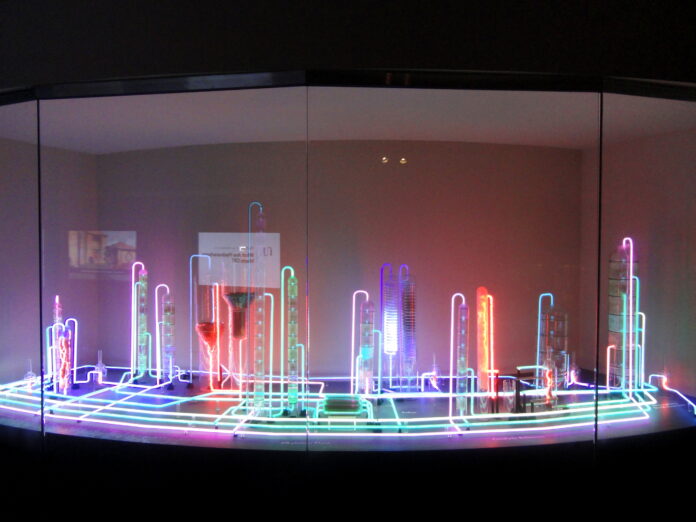Catalysts come in different kinds, shapes, and forms to suit a variety of applications. In the oil refining industry, catalysts are used in the production of high-quality gasoline, diesel, jet fuel, and other petroleum products. They are also grouped into different types, each with a unique combination of properties that make them ideal for different applications.
A Closer Look at Refinery Catalysts
Refinery catalysts are simply the catalysts used to convert crude oil into different distillable products that are valuable to the end user. Some of the most commonly used are zeolites, metal oxides, and rare metals like palladium, cobalt, nickel, and platinum.
Just like typical catalysts, they work either by initiating chemical reactions or lowering the activation energy required for such reactions. Depending on what your goal is, you can also use refinery catalysts to increase the selectivity of reactions so that you can have enough control over the end products.
In addition, refinery catalysts play a crucial role in helping companies in this industry to stay in line with the strict environmental regulations on emissions. So, by teaming up with experts from a top provider like Applied Catalysts, companies can get the best-suited catalysts (even customized) for their processes and enjoy maximum effectiveness.
What Are The Most Common Types of Refinery Catalysts?
Depending on what your goals in the refinery process are, you will have to choose either of the following types of catalysts:
1. Hydrotreating Catalysts
Also known as hydrogenation catalysts, these are the catalysts used to remove impurities like sulfur, oxygen, and nitrogen from crude oil in a process called hydrogenation. The most common catalysts used in this process are cobalt-molybdenum and nickel-molybdenum catalysts.
2. Isomerization Catalysts
Isomerization is a refinery process that is used to convert straight-chain hydrocarbons into branched-chain hydrocarbons, thus increasing the octane rating. Isomerization catalysts typically have platinum or other noble metals as the main constituents.
3. Cracking Catalysts
Catalytic cracking is a process in refining industries that is used to break down heavy hydrocarbons into lighter ones that can then be processed further into gasoline and other products. Here, acidic catalysts come into play, mainly containing zeolites and other materials.
4. Catalytic Reforming Catalysts
Catalytic reforming is a crucial process in oil refining that is used to convert low-octane naphthas distilled from crude oil into high-octane gasoline blending liquids called reformates. The catalysts used mainly contain palladium, platinum, and in some cases, bimetallic formulations of platinum with rhenium or iridium and supported on alumina.
Why Do Refinery Catalysts Matter?
Refinery catalysts are crucial in refining processes for the following reasons:
1. Boosting Efficiency and Productivity
The main function of catalysts in oil refining industries is to optimize the performance of reaction processes. By speeding up reactions, you can achieve higher productivity levels while lowering energy consumption.
2. Improving the Quality of Products
Refinery catalysts also come in pretty handy in ensuring that the products of refining processes are of the highest possible quality. They do so by removing impurities and enhancing properties like octane rating and cetane number.
3. Lowering Operation and Production Costs
Catalytic processes generally consume less energy compared to uncatalyzed processes, thus reducing operating costs for refineries. They also reduce waste and extend the run lengths of conversion units before they have to be replaced or maintained, reducing production costs even further.
4. Reducing Environmental Impact
Not only do refinery catalysts increase the rate of chemical reactions, but they also reduce the environmental impact of refining processes by a huge margin. In addition to lowering greenhouse gas emissions during refining, they also minimize the formation of harmful byproducts.
Not only that, but the resulting products will be cleaner and less harmful when they reach the end consumer.
Getting the Best Catalysts for Your Processes
Now that you know what refinery catalysts are, it’s time to take that final step. Picking the right partner for designing and developing custom catalysts for your processes.
As one of the best players in this field, Applied Catalysts ticks all the right boxes as far as being an excellent catalyst manufacturer goes. With a talented and dedicated team handling the research and development processes, you can be sure to get exactly what your operation needs to succeed.
Keep reading such informative content at bhtnews.com
Apart from that, if you want to know about Electricity Control Panel Then please visit our Tech category.










